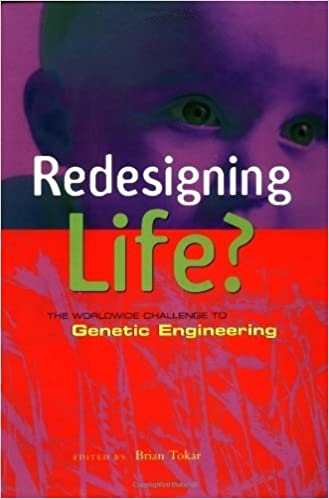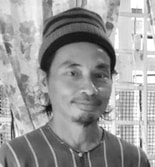Book Review: Brian Tokar (ed.): Redesigning Life?: The Worldwide Challenge to Genetic EngineeringThis book documents in one handy volume the global negative effects of the present-day overly-commercialized model of biotechnology/ genetic engineering (BT/GE) research on health, food security and indigenous economies. It even calls into question the scientific integrity of the overly optimistic claims of BT/GE to enhancing food production and overcoming diseases.
|
Adi Setia
|
|
© Center for Islamic Sciences. All Rights Reserved.
Designed and Developed by Crescent Marketing Solutions |


